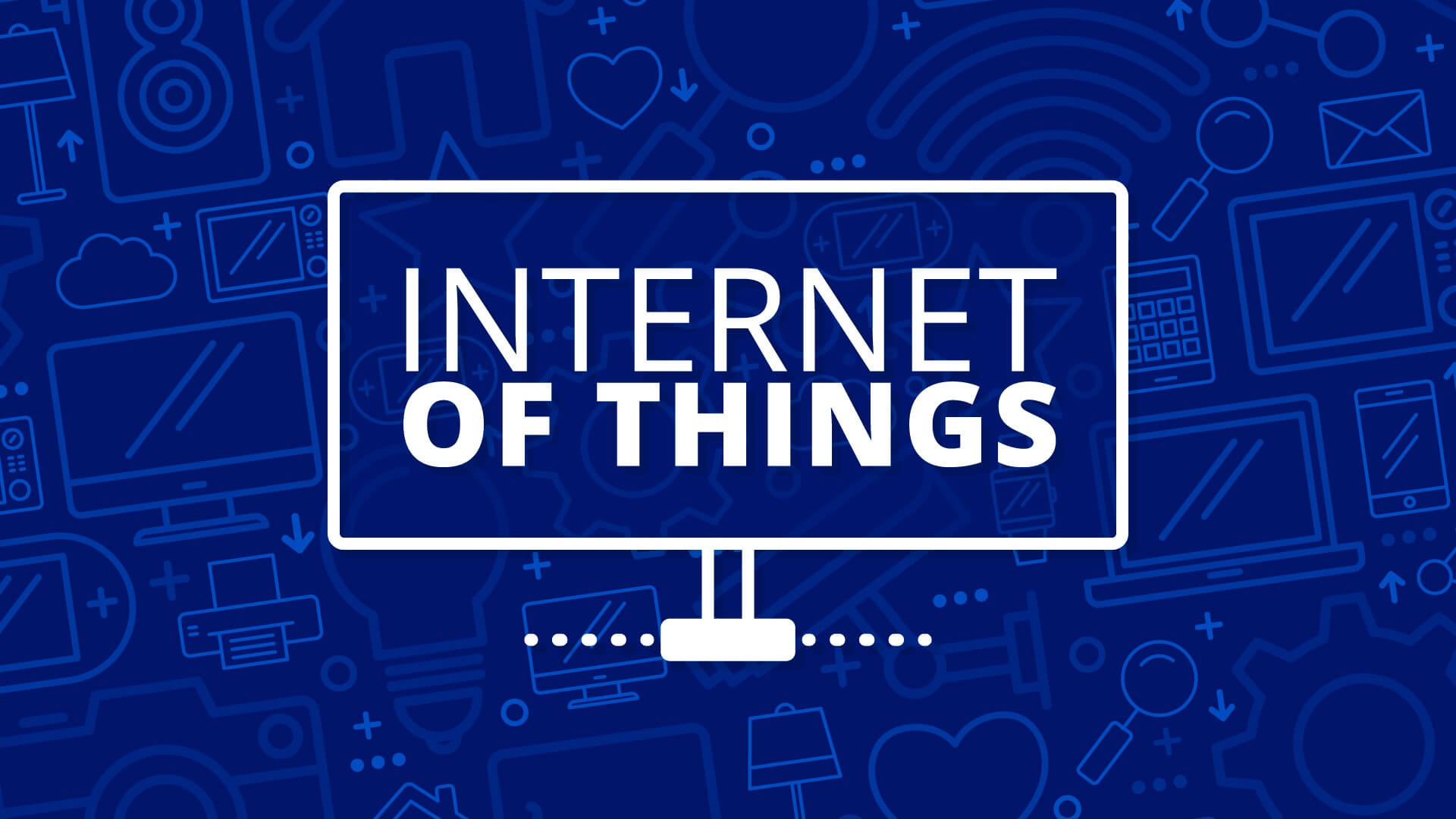With data increasing and moving everywhere, security is now becoming more and more important.
IoT
Disaster management aims to mitigate the potential damage of a disaster, ensure that timely and appropriate relief is provided to victims, and achieve effective and rapid recovery.
Behind some of the successful companies, they have some common core skills and approaches to IoT that you can't afford not to know.
The latest addition to the Siemens Xcelerator portfolio, the Connect Box offers a user-friendly way to monitor building performance with promising energy efficiency optimization of up to 30 percent, dramatically improving indoor air quality in small to medium-sized buildings such as schools, retail stores, apartments or small offices.
Although there are many ways for companies to create value through Internet products, we find that there are six main ways for companies to make money from Internet of Things products.
In August, Google Cloud said it would discontinue its core IoT services and give customers a month to migrate their IoT devices; these back-to-back announcements have forced people to think about the future of IoT in general.
The Internet of Things has already brought great advances to many industries, including construction, health and education. Agriculture, of course, is no exception.
The IoT solution has brought us a lot of convenience. Through the IoT, huge tasks can be completed with amazing automation and less manpower. By reducing the labor force for automatic task completion, we can transfer people to places where technology and manpower are more needed.
The Internet of Things has had and will continue to have a significant impact on the business model. Enterprises need to plan and change their business methods to integrate these changes. By understanding how the Internet of Things will affect your business, you will maximize its functionality to achieve higher business goals and profits.
While we often think of the Internet of Things as having an important place in commercial and industrial settings, it is also being widely adopted in a variety of public institutions such as museums and galleries.










